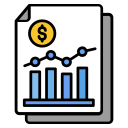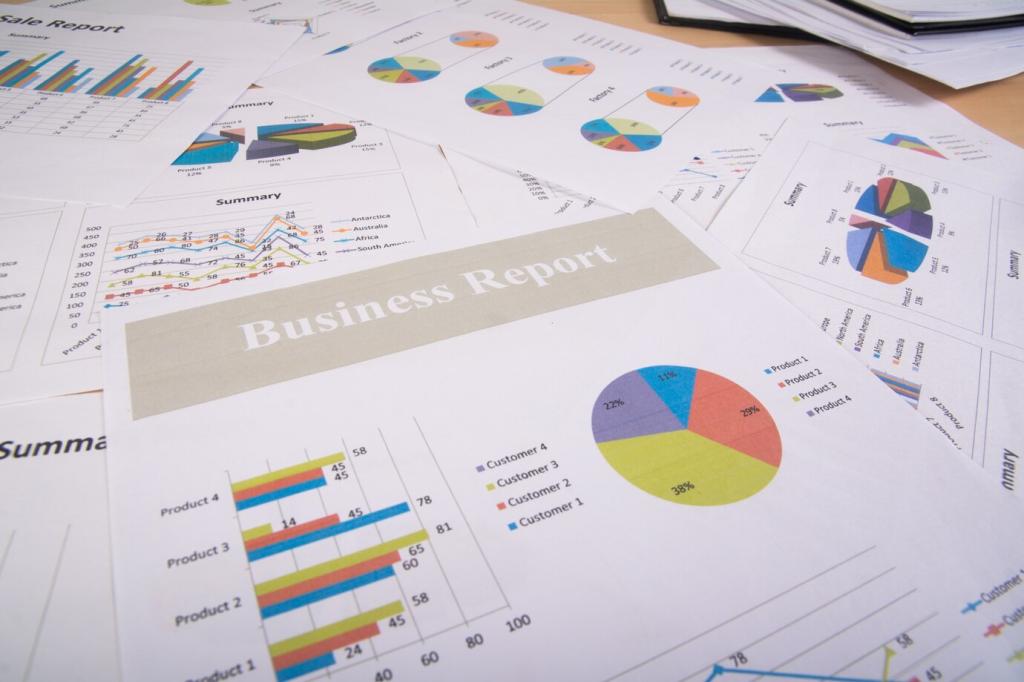The Citizen Toolbox: Simple Tech, Serious Impact
Photos of shelf tags, quick interviews with shop owners, and timestamped notes create verifiable trails. Geotagging adds context, while consistent angles and lighting reduce ambiguity when prices or stock levels are compared.
The Citizen Toolbox: Simple Tech, Serious Impact
Public datasets on employment, housing, and trade pair perfectly with citizen logs. Simple spreadsheets or free notebooks help clean messy entries, chart anomalies, and highlight gaps official releases may overlook.








